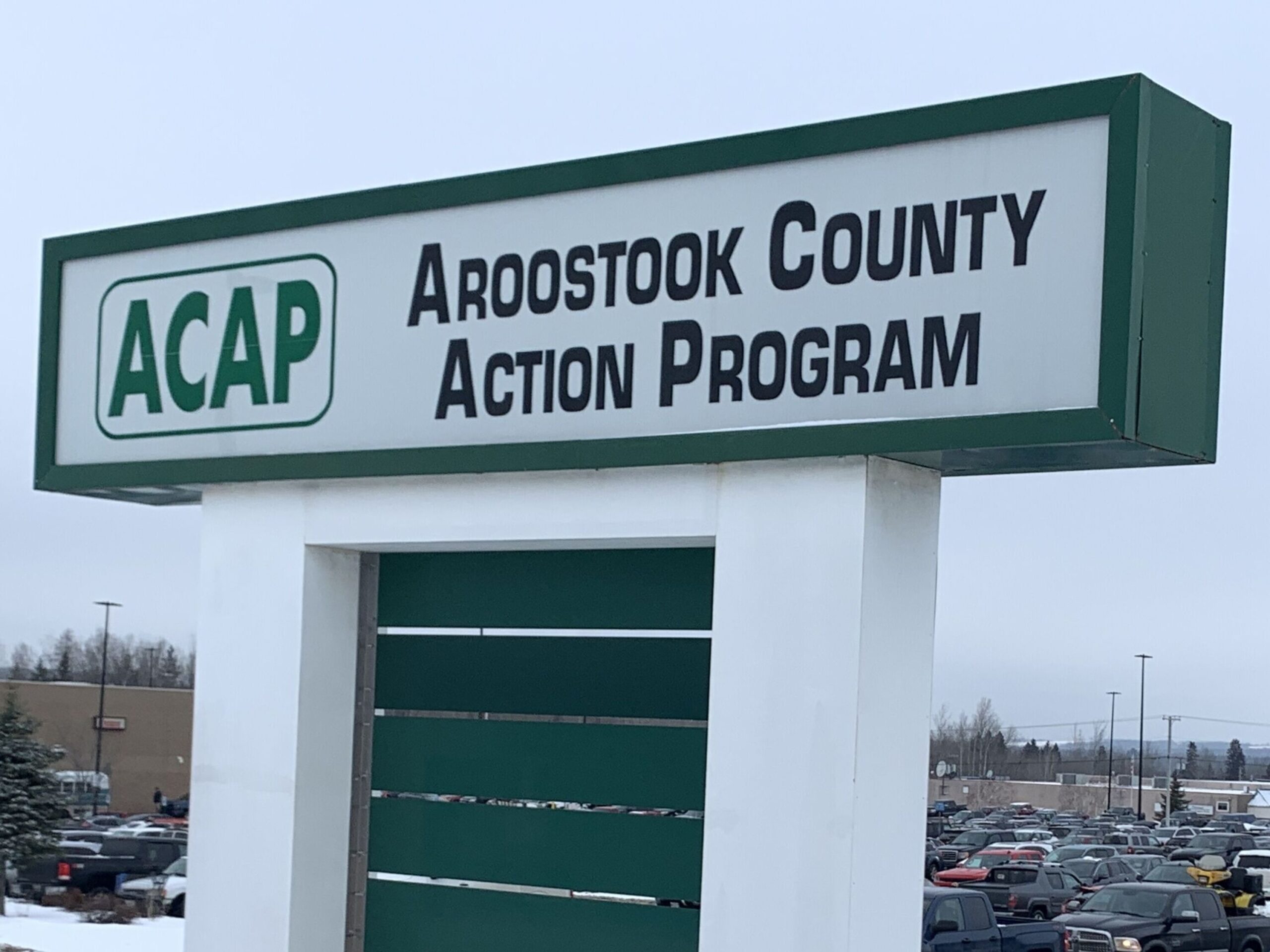PRESQUE ISLE, Maine — The Aroostook County Action Program’s latest community needs assessment shows a continued decline in population and prevalence of rural poverty that justifies the need for continued services from ACAP and community partnerships.
ACAP completes a community needs assessment every three years as part of its federally funded Community Services Block Grant. For the 2020 publication, ACAP mailed paper and electronic copies of surveys and received 1,163 completed surveys from clients. The last assessment was published in 2017, using data from up to 2016.
The 82-page assessment, available for viewing on ACAP’s website, details changes in population, demographic, education, workforce participation, health and wellness and housing trends in Aroostook County. Though 2020 Census data have yet to be released, the assessment found that Aroostook County’s population decreased by 5.7 percent between 2010 and 2018. Thirty-seven percent of survey respondents were older than 65, compared to 22 percent in 2016.
“I think that when the Census results are released, we will see that the population in Aroostook County continues to decline,” said Sherry Locke, ACAP development and communication manager and coordinator.
“Our median age in Aroostook County increased to 47.6 percent from 46.1 in 2016, which is higher than the current Maine median age of 43.6,” she said.
The COVID-19 pandemic has led to increased numbers of people who once had stable employment losing their jobs and turning to ACAP for various services, Locke noted. During the first three months of the pandemic, ACAP accepted 1,000 new clients and Locke said that number continues to grow.
ACAP’s assessment includes data from the Maine Department of Labor that reveals an unemployment rate of 5.3 percent for Aroostook County in September 2020. Twenty-nine percent of survey respondents indicated they were employed, 32 percent were retired and 13 percent were disabled.
COVID-19 was deemed among 27 percent of respondents to be the primary reason for their unemployment, whereas in 2016 the major reasons were company layoffs and downsizing and health concerns.
Aroostook County continues to have a higher percentage of people with high school degrees but no college degree, with 34 percent of survey respondents saying that high school is their highest education level, 19 percent holding a two-year degree and 18 percent holding a four-year degree.
“There continues to be a higher number of younger adults starting families and deciding they need to work more as well as those dealing with transportation barriers,” Locke said, about some factors associated with that education data.
In the assessment, ACAP indicates five strategic goals that will influence how they invest in their future programs and services: continued growth of their Whole Family service model, strengthening partnerships with other community organizations, greater public education on the causes and effects of rural poverty, addressing barriers to health and well-being and increased access to mental health services.
Locke explained that the Whole Family model, which ACAP began implementing around the time of their 2017 assessment, focuses on ensuring that the needs of an entire family are met through an array of services instead of just the program that an individual contacts ACAP about.
“If a parent is seeking to continue their education, they might also need transportation assistance and childcare so that they can focus more fully on their education and workforce training,” Locke said. “The Whole Family model allows folks to realize that they might qualify for other programs that they weren’t aware of.”
Locke said that ACAP family coaches and other staff members continue to see how various unmet needs, including the lack of transportation, safe housing or employment, can bring about lack of access to healthy foods, substance abuse or mental health counseling. Community partnerships will become a major way to address the strategic goals while also dealing with the expected decrease in state and federal funds due to COVID-19, she said.
Most recently, ACAP signed a memorandum of understanding with Northern Lighthouse, LLC that allows ACAP clients to receive referrals to mental health counseling, a service that ACAP currently does not provide at its offices.
ACAP is also envisioning further collaboration with United Way of Aroostook, the Northeastern Workforce Development Board, the Going Places Network and other local and regional resources.
“These partnerships and collaborations allow all of us to work more efficiently and fill the needs that are in our communities,” Locke said.
As a result of previous, long-term conversations among the 10 community action programs in Maine, ACAP will conduct another assessment in 2021 so that future assessments are conducted and published alongside those of the other agencies.
Locke anticipates that the next assessment will include the 2020 U.S. Census data and a more accurate depiction of struggles people have faced as the pandemic continues.








